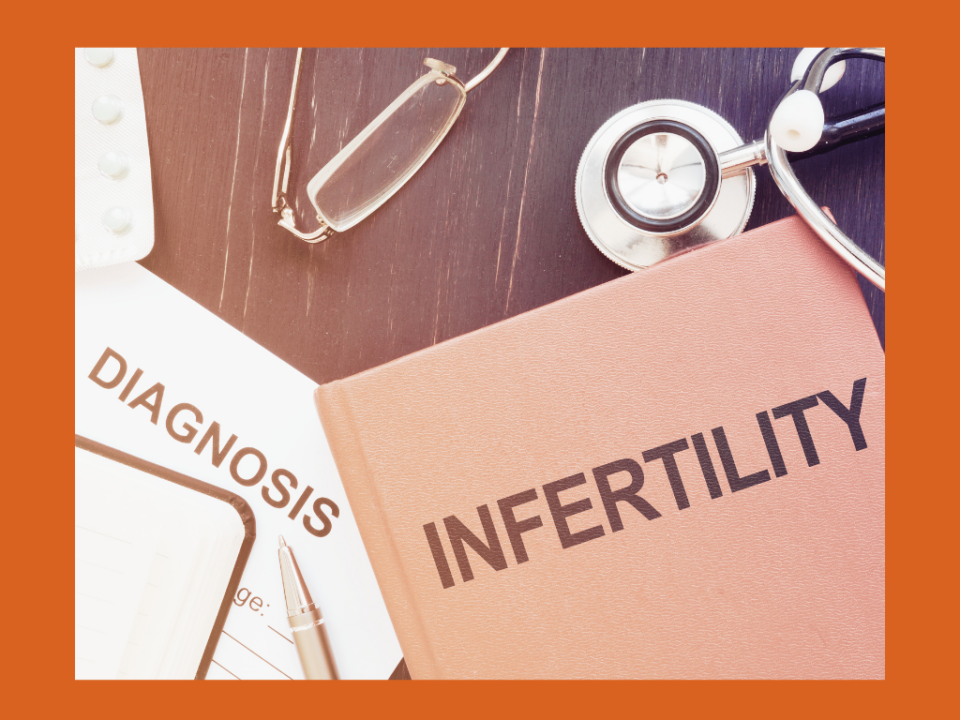
Cystic Fibrosis Awareness
May 1, 2023
Guest Blog: Preeclampsia Postpartum
May 22, 2023The time immediately following a pregnancy or infant loss is impossible. Grief is hard no matter when you have to work through it, but adding the hormones and physical challenges of the perinatal period adds a significant layer of complexity. One aspect that many parents find themselves unprepared for, and that healthcare providers oftentimes overlook, is lactation.
Female bodies start producing early breastmilk (colostrum) at around Week 16 of pregnancy. This means that any loss after that point could result in the body trying to establish a milk supply.
If you’ve experienced a loss, what’s to be done with that milk supply? Continue reading for five things you should know about handling lactation after loss.
1
There are options and you have time to decide
One way to feel in control during a time when a lot of things feel out of control is to know your options. This helps you to make better informed decisions. There are many choices available to you regarding your lactation journey and milk supply after loss. There is also time to consider your options; you don’t have to rush into a decision. Some of your choices include:
Early loss: Do you want to prevent your milk from “coming in” or do you want to let it happen?
Later loss: If you already have a milk supply from nursing or pumping, do you want to continue it or wean? If you decide to wean, do you want to do so gradually or quickly?
If you haven’t yet decided how to handle your milk supply, but want to keep your options open, you might consider pumping 3-5 times each day so that your breasts continue producing some milk. This will give you some time to decide without having to maintain a pump schedule that includes milk removal 8-12 times daily. A local lactation consultant can also help you develop a plan that works best for you.
2
Supress/Stop Your Milk Supply
If you have an early loss, your milk supply may or may not surge a few days after delivery. Early milk supply development is driven by pregnancy and postpartum hormones, but there is also a large component that depends on milk removal (nursing or pumping 8-12x per day).
If your breasts receive no stimulation, and you remove no milk from your breasts in the first few days, your milk supply should not fully develop. You may still experience some symptoms of engorgement during days 3-5 after delivery. There are many comfort measures available for those suppressing their milk supply, some of which include wearing a supportive bra around the clock, avoiding breast stimulation, removing no or very minimal milk from the breasts, peppermint, sage, or other supplements/medications, and more. Contact your physician or a lactation professional for more information on what will work best for your circumstances.
3
Continue Your Milk Supply
Every birth parent has the option to continue their milk supply after a loss. “Why would I do that?”, you might ask. There are a several reasons. First, lactation, even after your loss, is a special connection that you have with your baby: one that you don’t have to let go of quite yet. Many parents who have experienced loss report that continuing to pump afterwards helped them stay connected to their little one, and gave them time to decide how to handle their milk supply longer term. When they were emotionally ready, they then decided to start the weaning process on their own terms and own timeline.
Second, if you already have an established, robust milk supply, weaning (especially weaning quickly) can be a physically uncomfortable process. Navigating the early days of loss, attending memorial services, and taking care of other details can be more painful (emotionally and physically) if you’re trying to wean at the same time.
Third, nowadays, there are many options available to parents to create breastmilk keepsakes. Many parents find breastmilk jewelry or other mementos to be loving tributes to their lactation journey. A quick search on Etsy can provide many ideas and options for those interested.
Finally, if you have an older child who could benefit from your milk, you may want to keep up your supply to nourish them.
4
Donate Your Milk to Help Other Families
A wonderful, and oftentimes profoundly healing option for lactating parents who have experienced loss is milk donation. Some parents who have experienced loss report that pumping their milk and sharing it with other families is a comfort to them, and a gift that their baby can provide to other little ones. There are many options available for milk donation including informal milk sharing through social media or your community, or formal milk donation through a center affiliated with the Human Milk Banking Association of North America.
HMBANA sets the standards for milk donation, collects milk from lactating parents, tests and pasteurizes it, and provides most of their milk to babies in the NICU. Medically fragile infants benefit greatly from the generous donations of parents who are milk bank donors. HMBANA-associated milk banks will always accept milk donations from bereaved parents.
In the Chicago area where I live, our local milk bank also provides bereaved donors with a commemorative star for their baby on Poppy’s Dream Memorial wall – a special way to honor the babies who have shared their milk with the milk bank.
5
Ask for Help
Lactation consultants help families who are actively breastfeeding or pumping, but also those who are weaning. This includes families who have experienced a loss. Seek out an IBCLC (International Board Certified Lactation Consultant) in your area if you have questions, are having issues with your breasts or milk supply, or need other guidance. These allied healthcare professionals have the most training in human lactation, and should be able to answer your questions and guide you through continuing or ending lactation, while supporting your family’s goals.





